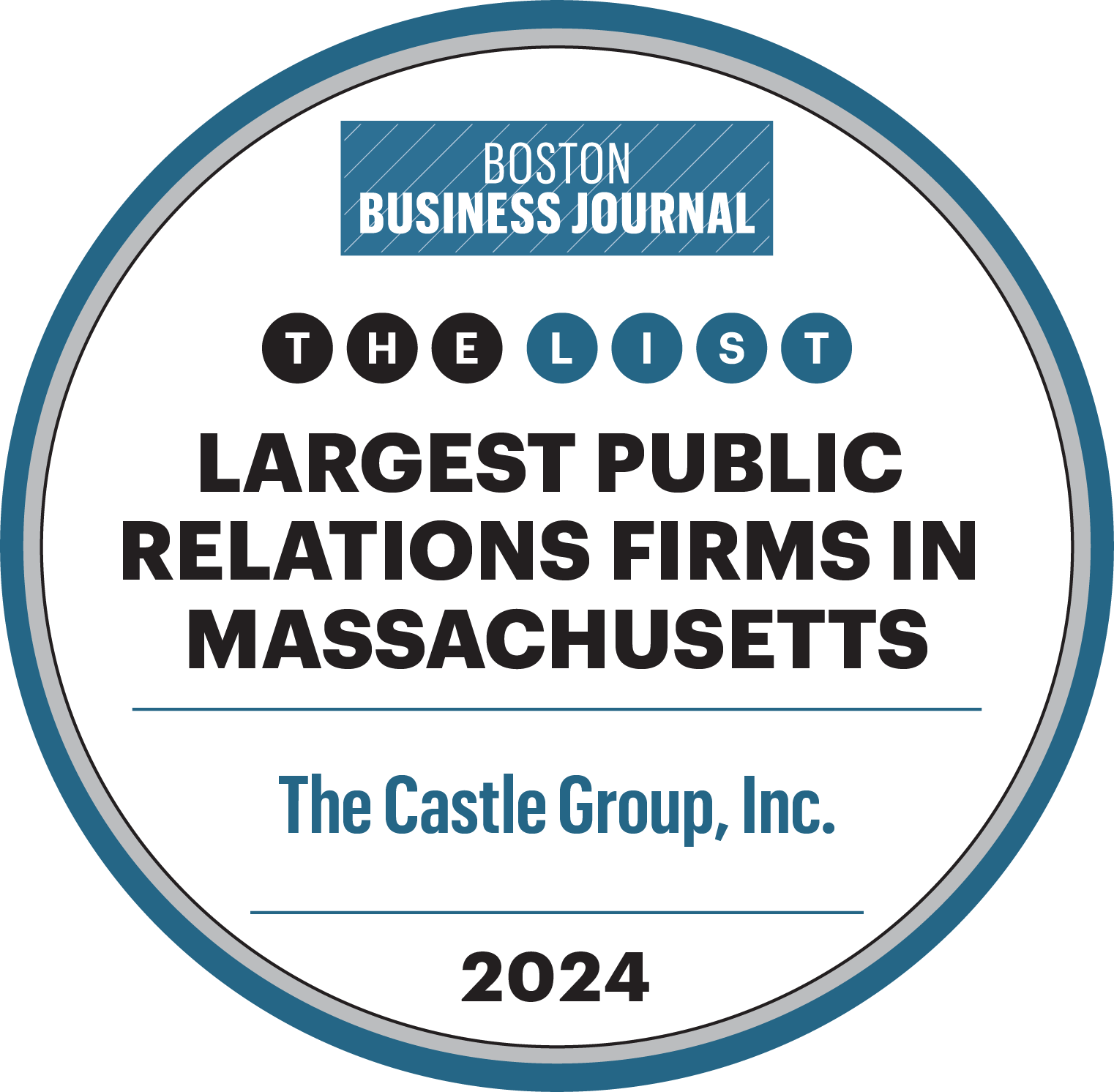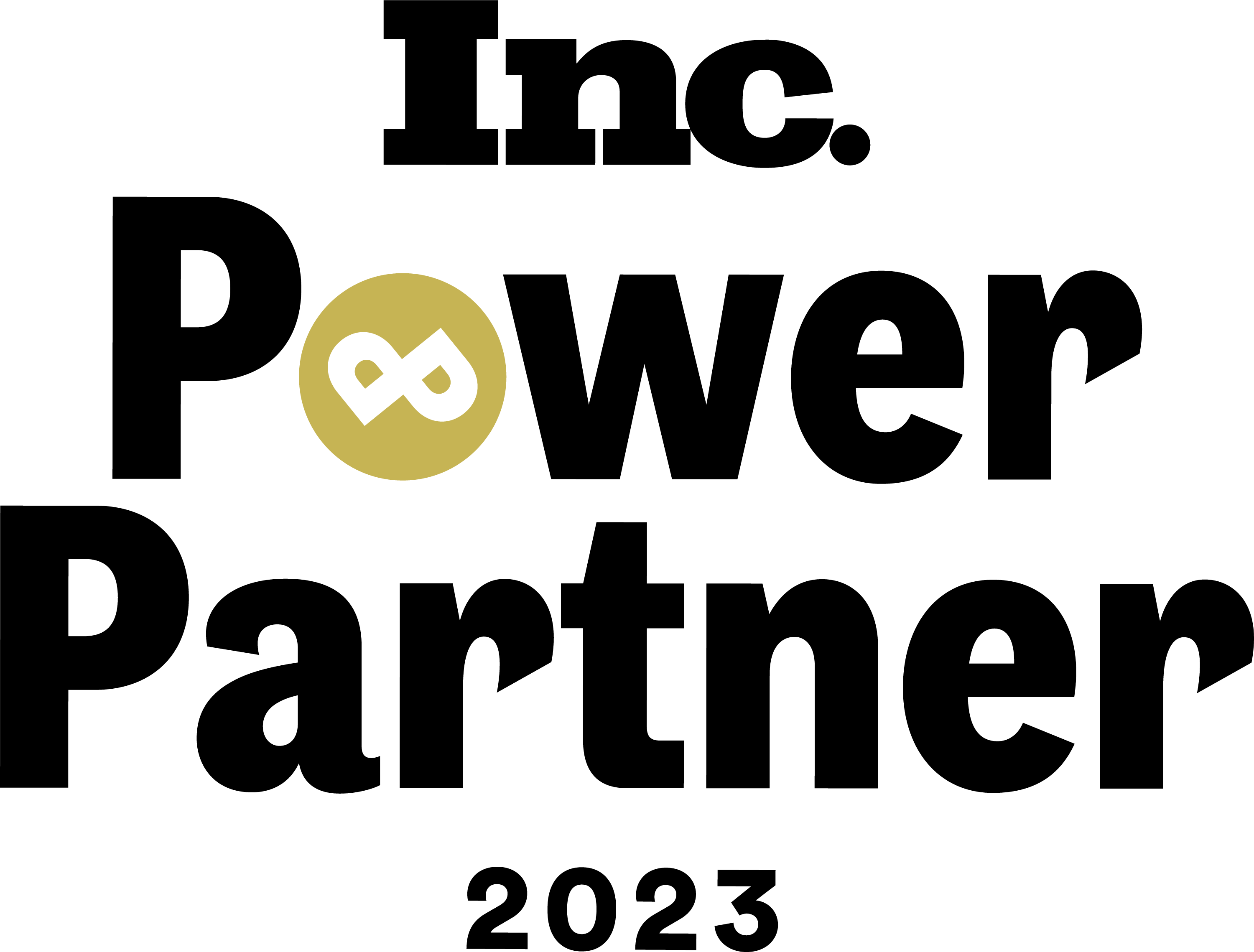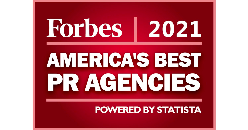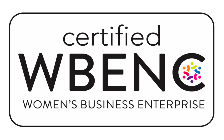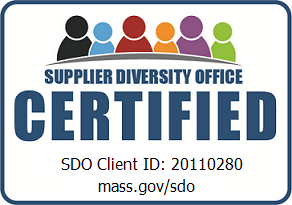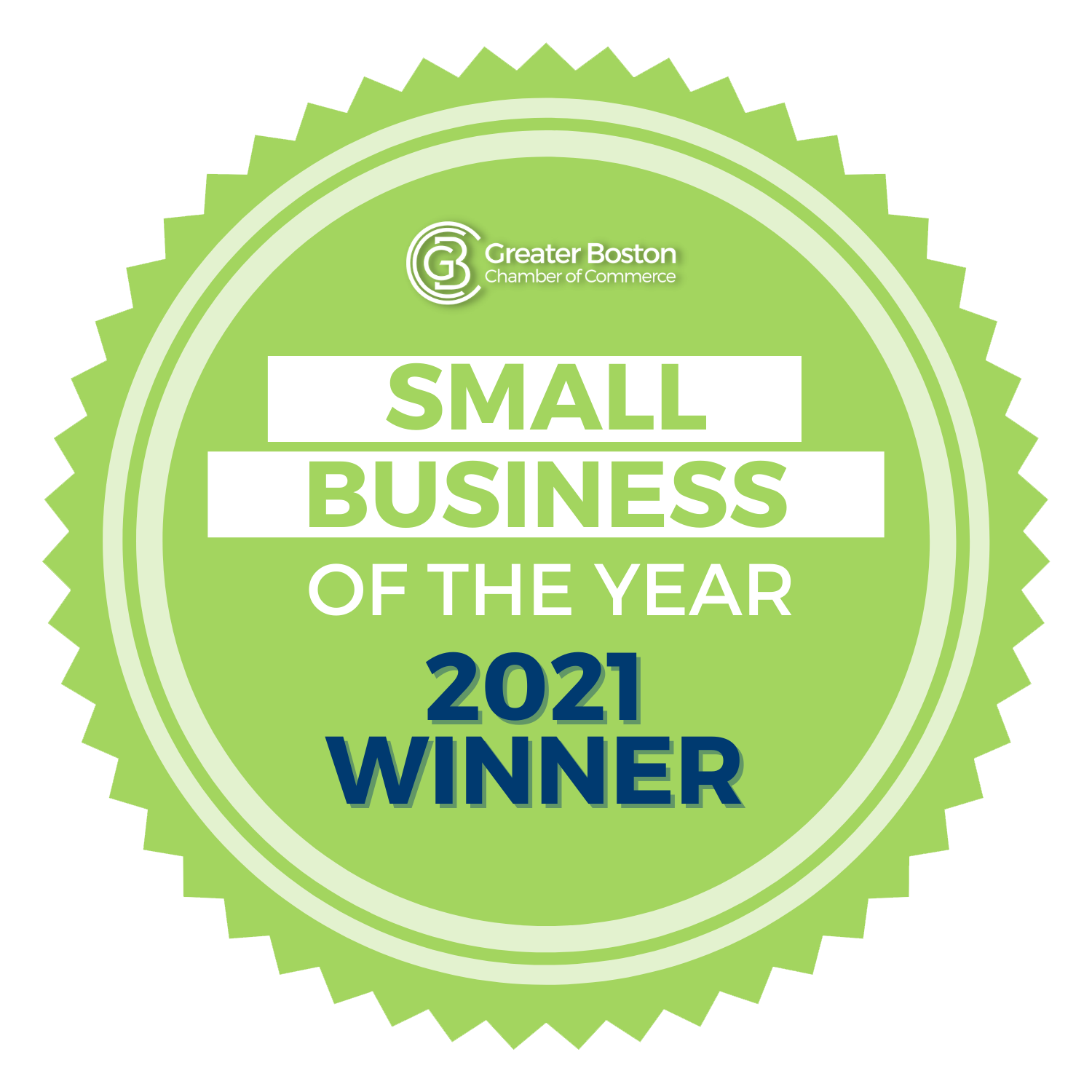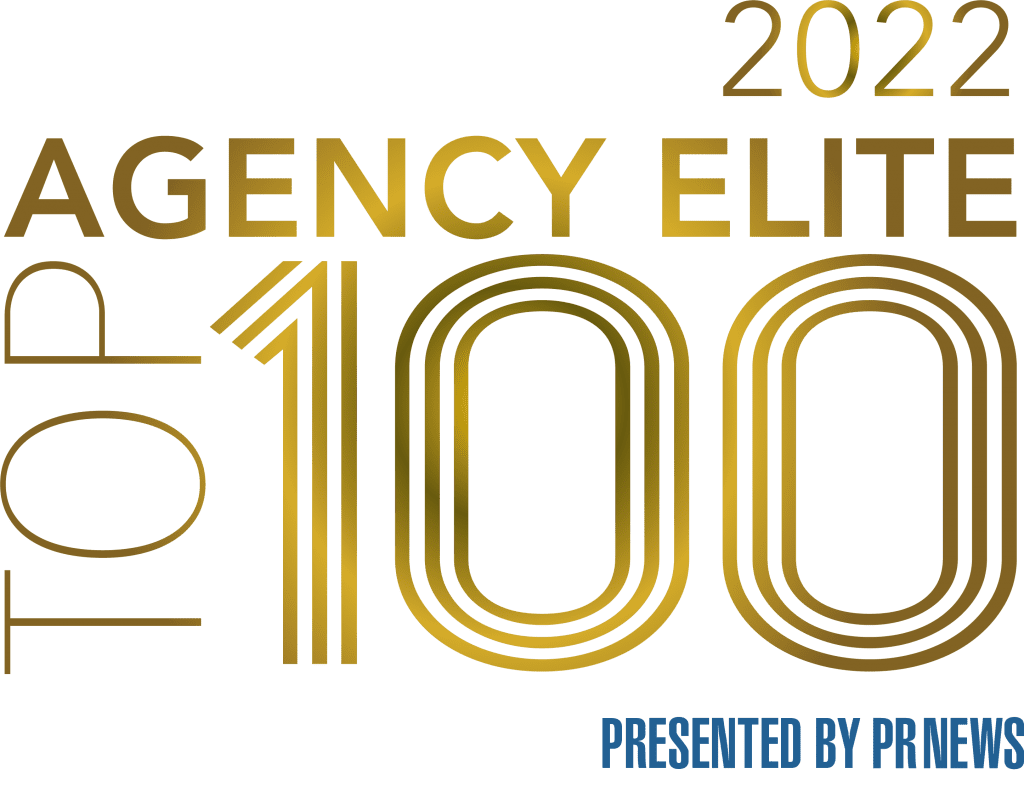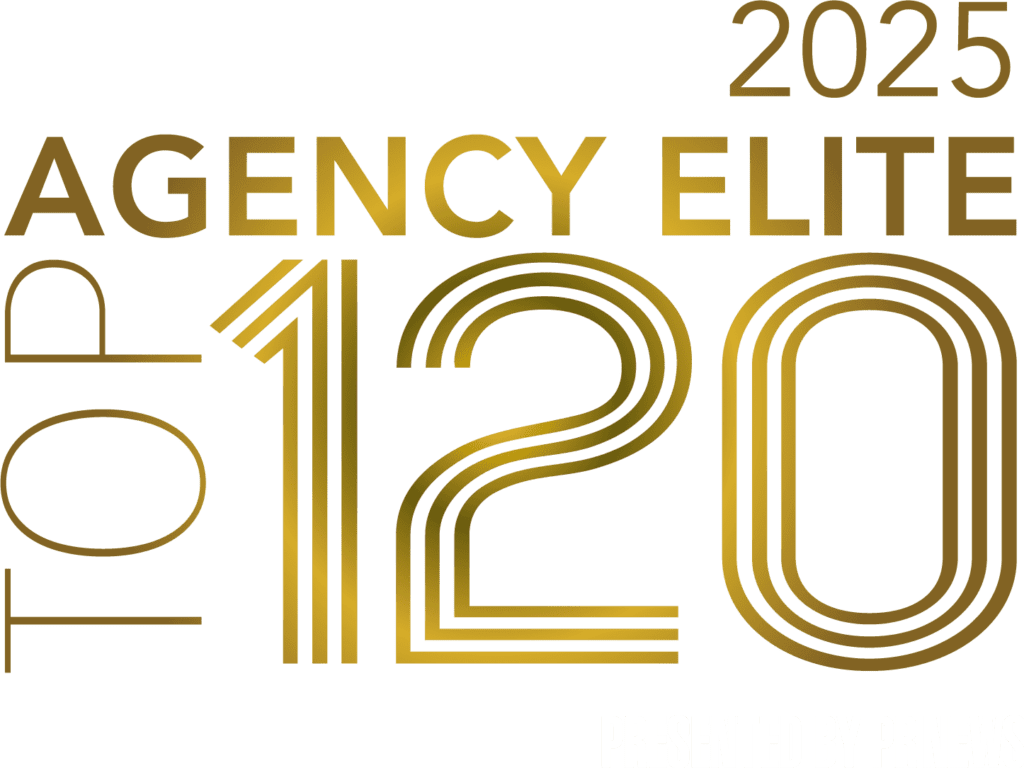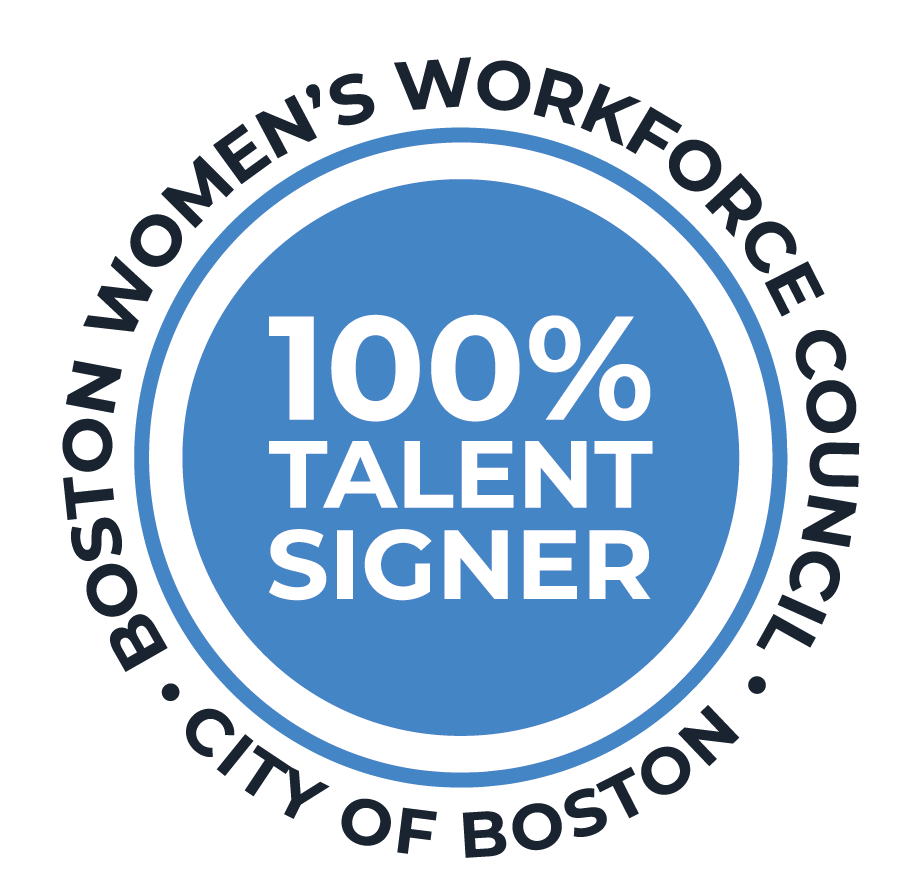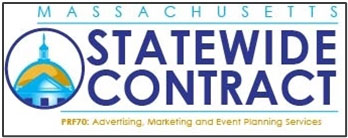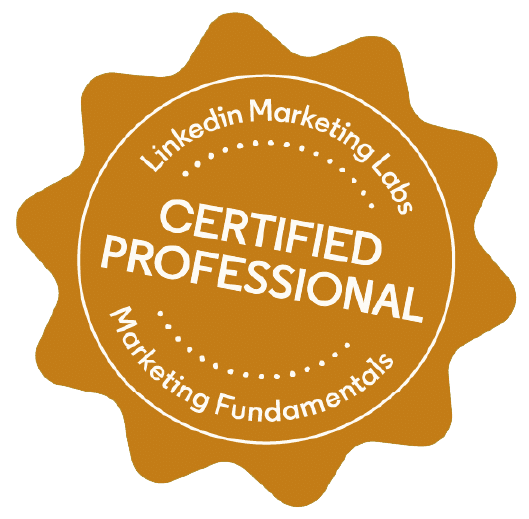When my husband, who is a filmmaker, and my mother, who manages a business department and oversees grant writing for a cancer research lab, both brought up ChatGPT in casual conversation this weekend, I decided it was now firmly mainstream and time to dive into how this latest in AI-technology would affect my work.
For those of you who are asking, “wait, what is ChatGPT?” I encourage you to read Bernard Marr’s quick overview in Forbes. ChatGPT is a conversational chatbot that gives human-like responses and is gaining exponential popularity because of its very usable material.
As a creative, I’ve been aware of the rise of AI-image generators and their potential to replace graphic designers and illustrators. Now the same conversations are being held around copywriting as chatbot technology improves. Since one of ChatGPT’s uses is creating marketing and social media content, it’s worth learning more.
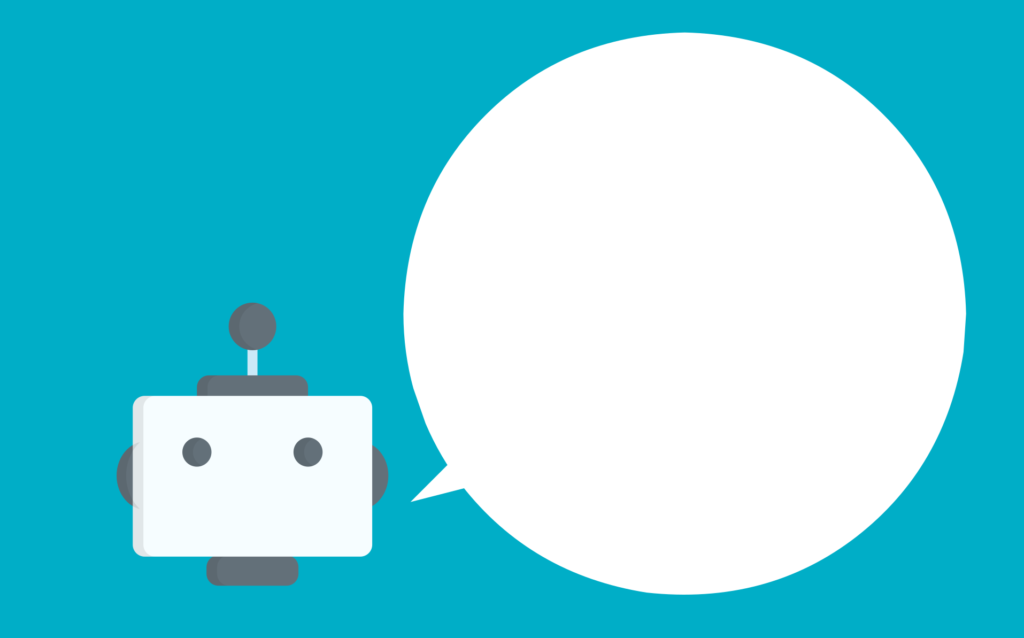
Let’s try the chatbot…
So I decided to join ChatGPT’s million+ users and try it out. When I went to create a login, I received this message, “ChatGPT is at capacity right now.” (I suppose I am late to the party.) I quickly pivoted and used my husband’s account to ask two questions. Here are the unedited responses:
How will AI change the marketing industry?
Artificial intelligence (AI) is set to have a significant impact on the marketing industry. Here are some of the ways AI is expected to change the marketing industry:
- Personalized marketing: AI algorithms can help companies better understand their customers and create more personalized marketing campaigns by analyzing customer data and behavior.
- Predictive analytics: AI can be used to analyze large amounts of customer data to predict customer behavior and purchase patterns, enabling companies to better target their marketing efforts.
- Chatbots: AI-powered chatbots can automate customer service and engagement, providing fast and efficient support for customers.
- Content creation: AI can be used to create and optimize content for different channels and platforms, freeing up time for marketers to focus on higher-level strategies.
- Ad optimization: AI algorithms can help companies optimize their digital ad campaigns in real-time, adjusting ad targeting and bid prices to improve performance and reach.
- Influencer marketing: AI can be used to identify and collaborate with influencers who align with a brand’s values and have a large, engaged following.
Overall, AI has the potential to revolutionize the marketing industry by enabling companies to create more personalized and effective campaigns, reduce manual labor, and make data-driven decisions.
How will AI change the Public Relations industry?
Artificial Intelligence (AI) is poised to have a major impact on the Public Relations (PR) industry. Here are a few ways in which AI could change PR:
- Media Monitoring: AI algorithms can be used to monitor traditional and social media for brand mentions and trending topics in real-time, enabling PR professionals to respond to issues more quickly and effectively.
- Content Creation: AI-powered tools can help generate news releases, reports, and other content, freeing up time for PR professionals to focus on high-level strategy and relationship-building.
- Media Outreach: AI can be used to analyze and segment media lists, prioritize outreach to journalists, and track coverage, enabling PR professionals to streamline their outreach efforts.
- Reputation Management: AI algorithms can be used to monitor and analyze online sentiment, alerting PR professionals to potential issues before they become full-blown crises.
- Influencer Marketing: AI can help PR professionals identify and collaborate with influencers who align with a brand’s values and have a large, engaged following.
In conclusion, AI has the potential to greatly enhance the PR industry by automating time-consuming tasks, enabling PR professionals to analyze data and make informed decisions, and improving the efficiency and effectiveness of PR campaigns.
What do you think?
These responses were immediate. In less than a minute I had more than doubled the length of my blog post with clear and concise content. Not bad, eh?
As with all AI uses, the conversation must address ethics – these are machines that respond to a prompt, and borrow from what’s already out there in the digital universe. They are not generating unique and original art or ideas. They are “borrowing” from the work of humans. AI is a tool—not a person. It doesn’t know what is true. The New York Times article, How to use ChatGPT and Still Be a Good Person, does a good job reminding us of this – it will spit out what it has taken in. What it provides should always be fact-checked. Biased or offensive information (or images) in, means biased or offensive information out.
At Castle, writing is a huge part of our work—from drafting pitches, to email marketing, to destination descriptions and creative prose. Technology has always and will continue to change the way we work and serve our clients. Let us know what you think… how will AI chatbots change your world?








